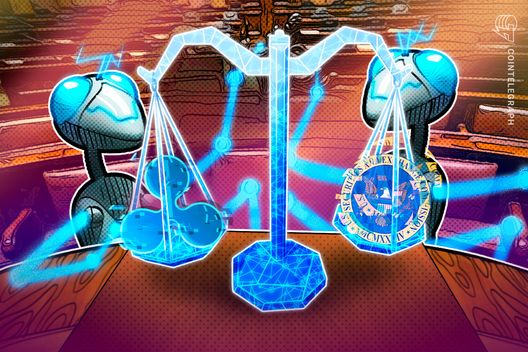

The protracted legal battle between the U.S. Securities and Exchange Commission (SEC) and Ripple Labs is drawing to a close, following a joint motion to dismiss all remaining appeals. The U.S. Court of Appeals for the Second Circuit has recognized the stipulated dismissal of the SEC's appeal and Ripple's cross-appeal, marking a significant milestone in one of the most closely watched cases in the cryptocurrency industry.
Ripple's Chief Legal Officer, Stuart Alderoty, announced the development, signaling a return to core business operations after years of litigation. The SEC's enforcement action against Ripple began in December 2020, with the agency alleging that the firm raised $1.3 billion through unregistered sales of its XRP token. Ripple consistently maintained that XRP is not a security and that the SEC's legal framework lacked clarity.
The resolution follows months of legal maneuvering, including a failed attempt to finalize a settlement agreement in August 2025, which had left the appeals active despite the mutual interest in closure. Ripple had previously indicated its intent to drop its cross-appeal on June 27, 2025, fueling speculation that the case could reach a swift conclusion. As part of the settlement, Ripple agreed to pay a $125 million fine, which remains in escrow until final court approvals are obtained.
Analysts note that the outcome may signal a regulatory shift toward clearer enforcement standards for digital assets, particularly in the context of token classification. However, the broader debate over whether digital tokens qualify as securities remains unresolved, and future enforcement actions will likely continue to test these legal boundaries. The White House's recent report on cryptocurrency policy recommendations also aims to bring an end to years of regulatory uncertainty for digital asset firms. One of the report's key proposals is a clearer division of responsibilities between the SEC and the Commodity Futures Trading Commission (CFTC).
The resolution is expected to serve as a reference point for future enforcement actions involving digital assets, particularly as regulatory frameworks continue to evolve. Market observers are now turning their attention to the broader implications of the case, including how it might influence ongoing legal disputes involving other crypto firms.